

Get in the KNOW
on LA Startups & Tech
X
Illustration by Ian Hurley
What Are LA’s Hottest Startups of 2022? See Who VCs Picked in dot.LA’s Annual Survey
Harri Weber
Harri is dot.LA's senior finance reporter. She previously worked for Gizmodo, Fast Company, VentureBeat and Flipboard. Find her on Twitter and send tips on L.A. startups and venture capital to harrison@dot.la.
In Los Angeles—like the startup environment at large—venture funding and valuations skyrocketed in 2021, even as the coronavirus pandemic continued to surge and supply chain issues rattled the economy. The result was a startup ecosystem that continued to build on its momentum, with no shortage of companies raising private capital at billion-dollar-plus unicorn valuations.
In order to gauge the local startup scene and who’s leading the proverbial pack, we asked more than 30 leading L.A.-based investors for their take on the hottest firms in the region. They responded with more than two dozen venture-backed companies; three startups, in particular, rose above the rest as repeat nominees, while we've organized the rest by their amount of capital raised as of January, according to data from PitchBook. (We also asked VCs not to pick any of their own portfolio companies, and vetted the list to ensure they stuck to that rule.)
Without further ado, here are the 26 L.A. startups that VCs have their eyes on in 2022.

1. Whatnot ($225.4 million raised)
Whatnot was the name most often on the minds of L.A. venture investors—understandably, given its prolific fundraising year. Whatnot raised some $220 million across three separate funding rounds in 2021, on the way to a $1.5 billion valuation.
The Marina del Rey-based livestream shopping platform was founded by former GOAT product manager Logan Head and ex-Googler Grant LaFontaine. The startup made its name by providing a live auction platform for buying and selling collectables like rare Pokémon cards, and has since expanded into sports memorabilia, sneakers and apparel.
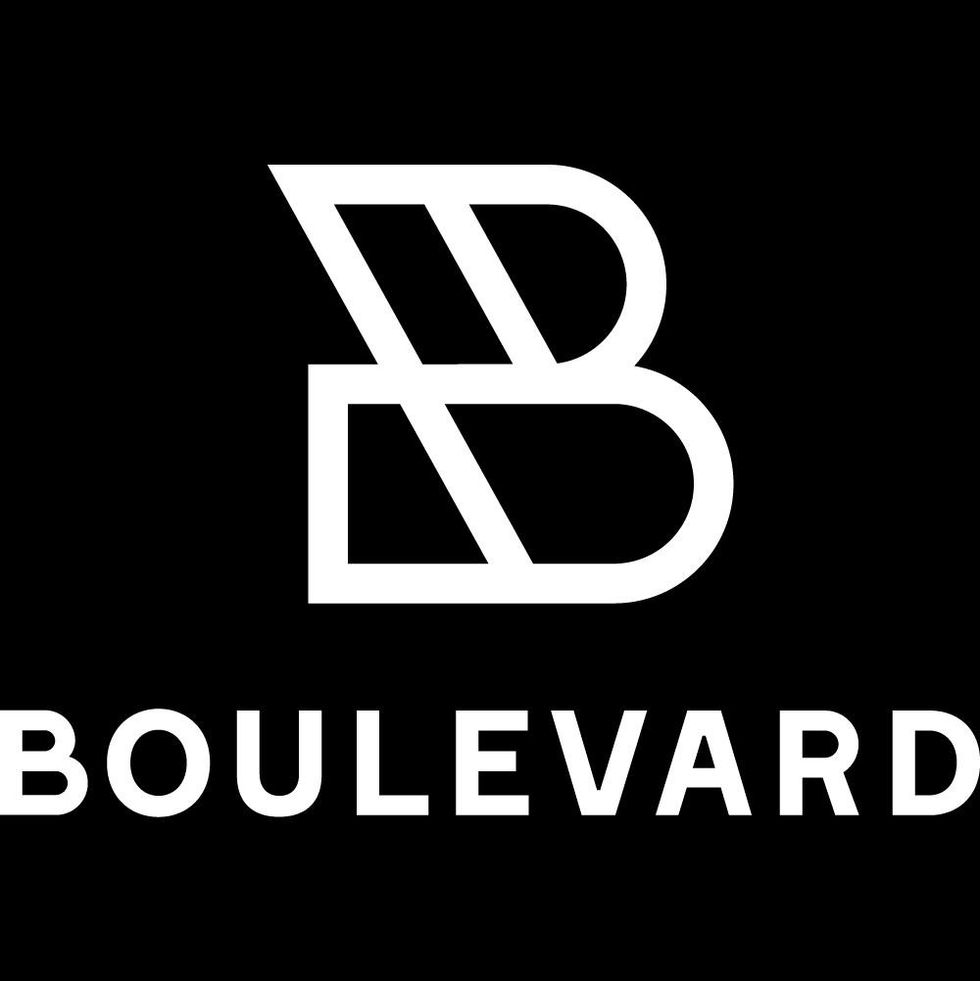
2. Boulevard ($40.3 million raised)
Boulevard’s backers include Santa Monica-based early-stage VC firm Bonfire Ventures, which focuses on B2B software startups. The Downtown-based company fits nicely within that thesis; Boulevard builds booking and payment software for salons and spas. The firm has worked with prominent brands such as Toni & Guy and HeyDay.

3. GOAT ($492.7 million)
GOAT launched in 2015 as a marketplace to help sneakerheads authenticate used Air Jordans and other collectible shoes. It has since grown at a prolific rate, expanding into apparel and accessories and exceeding $2 billion in merchandise sales in 2020. The startup sealed a $195 million funding round last summer that more than doubled its valuation, to $3.7 billion.
The Best of the Rest
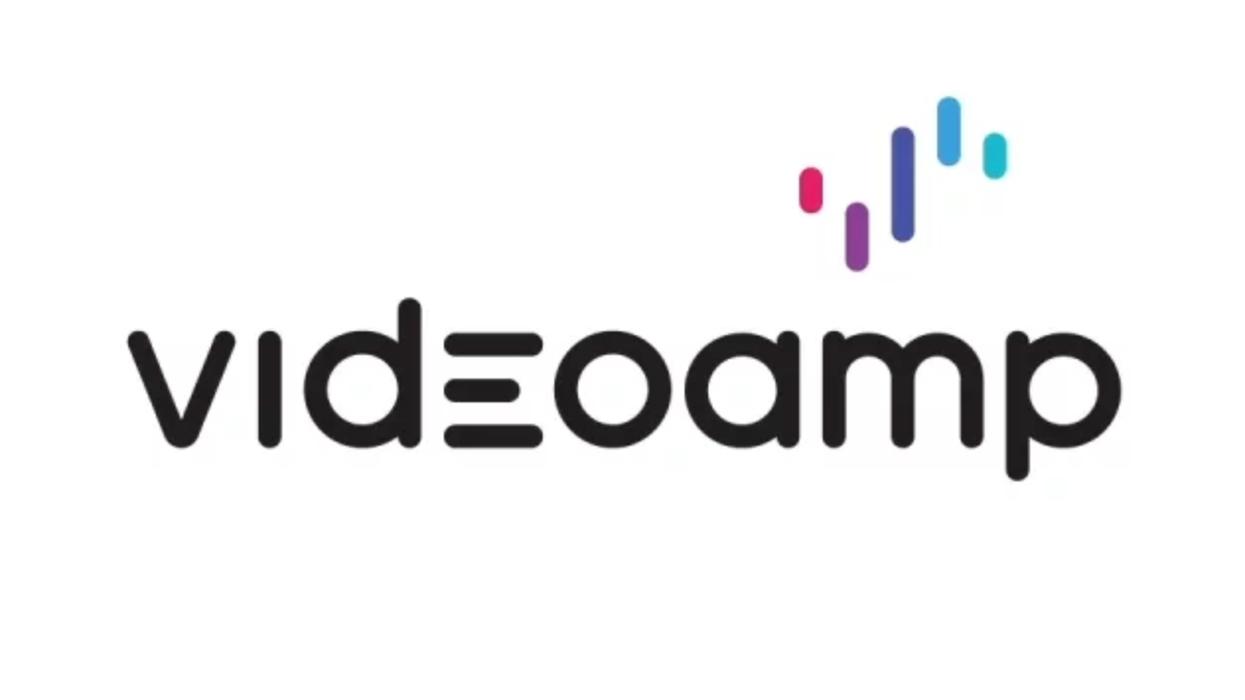
VideoAmp ($578.6 raised)
Nielsen competitor VideoAmp gathers data on who's watching what across streaming services, traditional TV and social apps like YouTube. The company positions itself as an alternative to so-called "legacy" systems like Nielsen, which it says are "fragmented, riddled with complexity and inaccurate." In addition to venture funding, its total funding figure includes more than $165 million in debt financing.

Mythical Games ($269.4 million raised)
Seizing on the NFT craze, Mythical Games is building a platform that powers the growing realm of “play-to-earn games.” Backed by NBA legend Michael Jordan and Andreessen Horowitz, the Sherman Oaks-based startup’s partners include game publishers Abstraction, Creative Mobile and CCG Lab.

FloQast ($202 million raised)
FloQast founder Michael Whitmire says he got a “no” from more than 100 investors in the process of raising a seed round. Today, the accounting software company is considered a unicorn.

Nacelle ($70.8 million raised)
Nacelle produces docuseries, books, comedy albums and podcasts. The media company’s efforts include the Netflix travel series “Down To Earth with Zac Efron.”
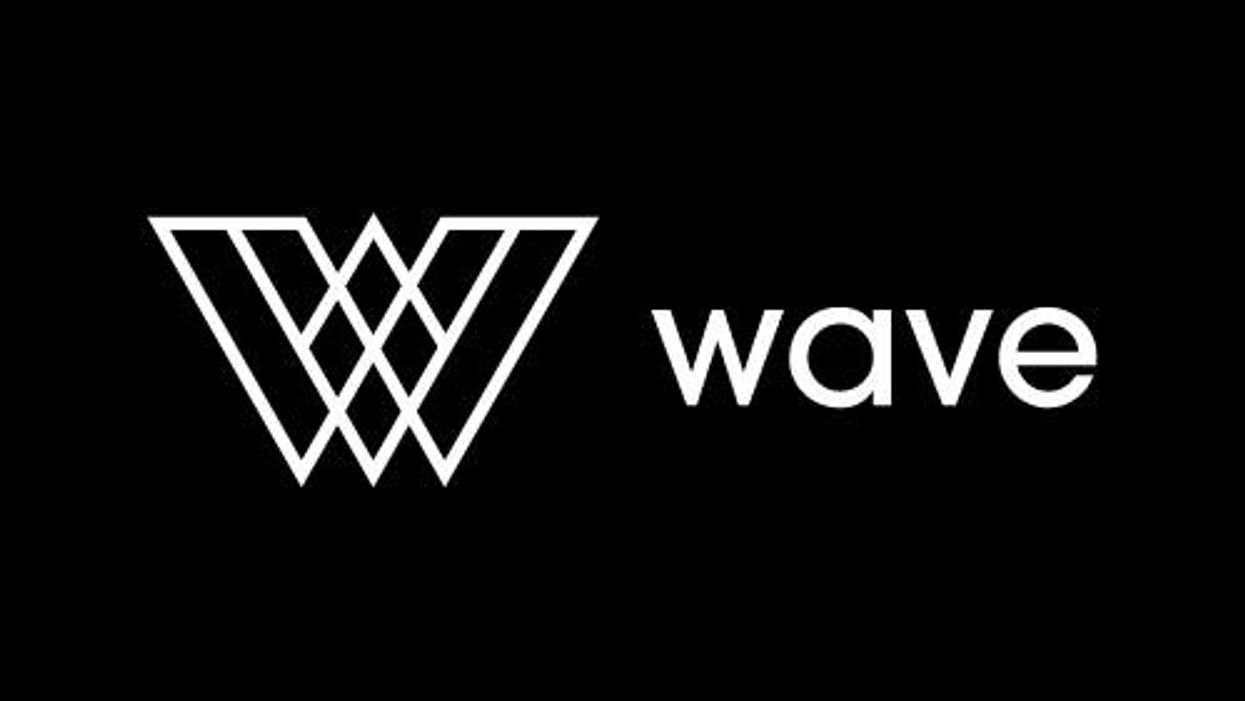
Wave ($66 million raised)
A platform for virtual concerts, Wave has hosted performances by artists including Justin Bieber, Tinashe and The Weeknd. The company says it has raised $66 million to date from the likes of Warner Music and Tencent.
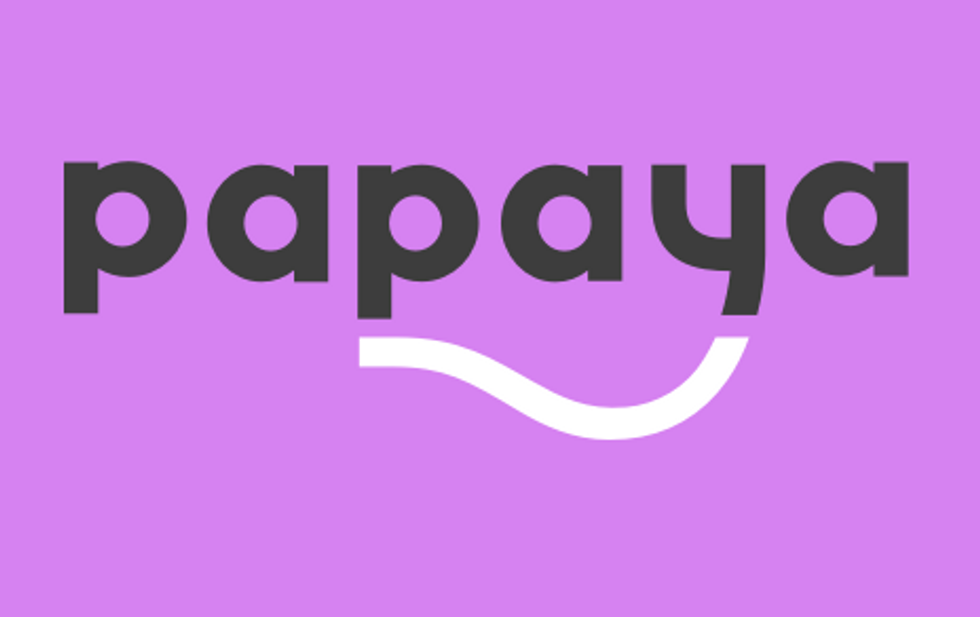
Papaya ($65.2 million raised)
Sherman Oaks-based Papaya looks to make it easier to pay “any” bill—from hospital bills to parking tickets—via its mobile app.
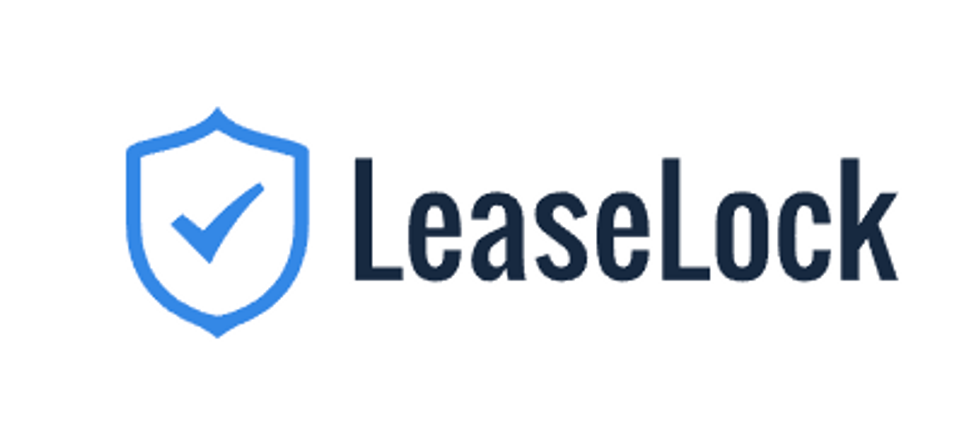
LeaseLock ($63.2 million raised)
Based in Marina del Rey, LeaseLock says it’s on a mission to eliminate security deposits for apartment renters.
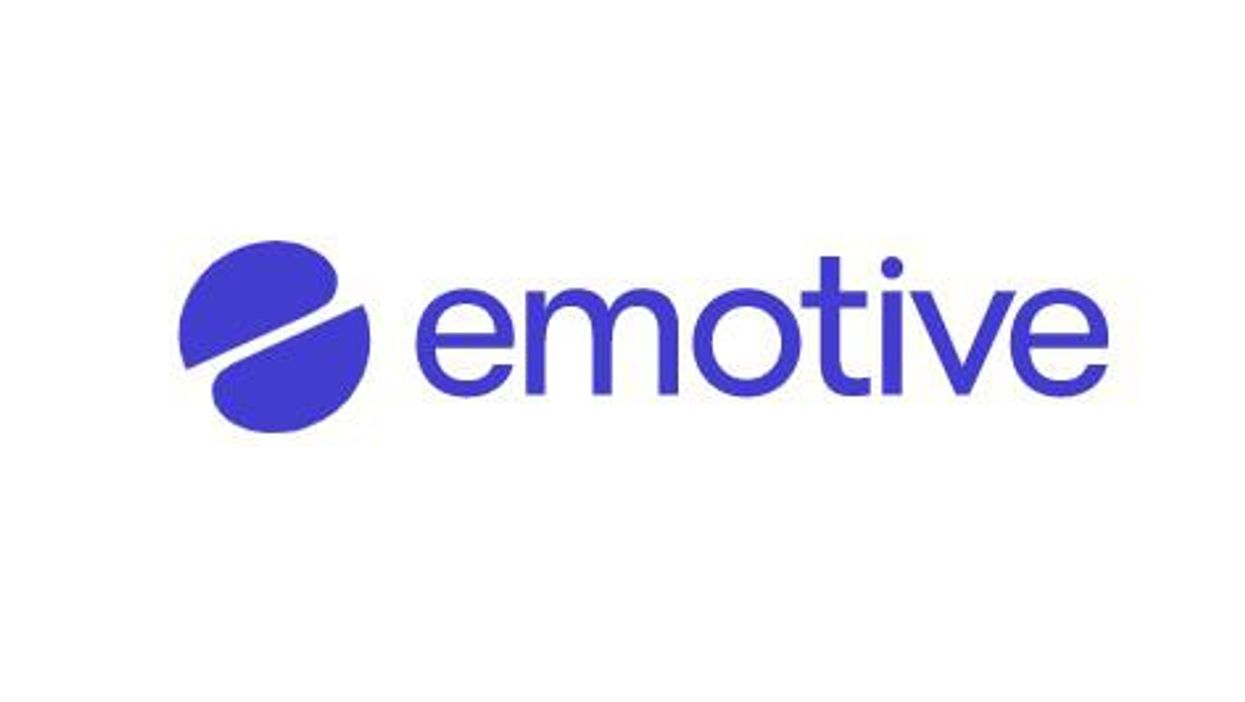
Emotive ($58.1 million raised)
Emotive sells text message-focused marketing tools to ecommerce firms like underwear brand Parade and men's grooming company Beardbrand.
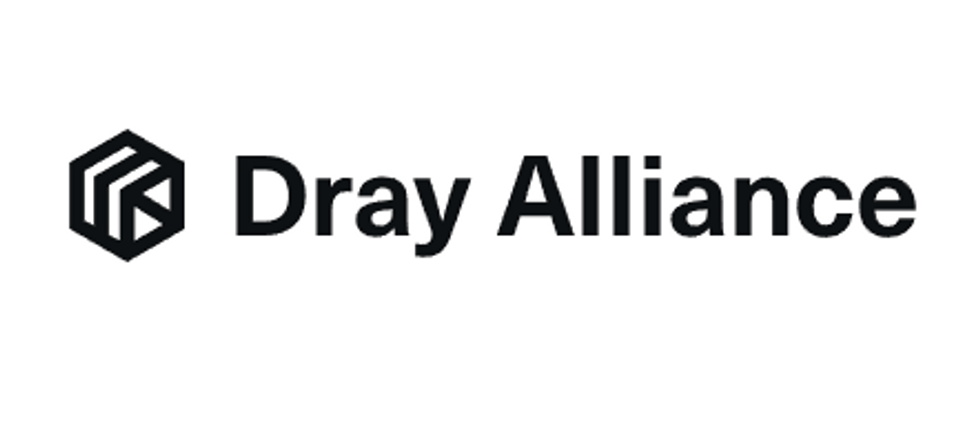
Dray Alliance ($55 million raised)
Based in Long Beach, Dray says its mission is to “modernize the logistics and trucking industry.” Its partners include Danish shipping company Maersk and toy maker Mattel.
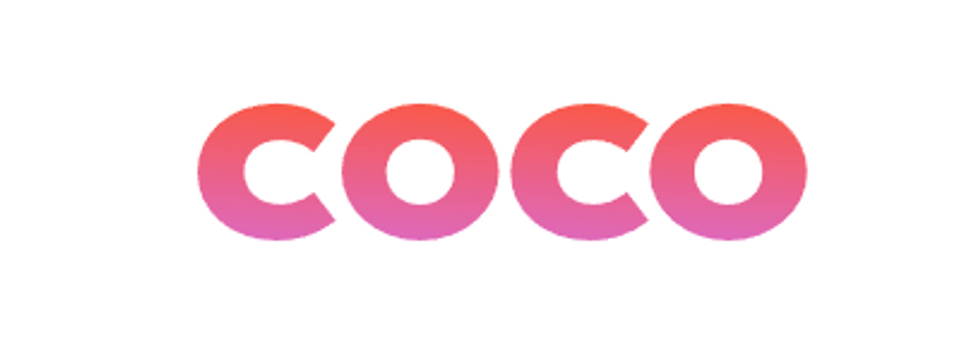
Coco ($43 million raised)
Coco makes small pink robots on wheels (you may have seen them around town) that deliver food via a remote pilot. Its investors include Y Combinator and Silicon Valley Bank.
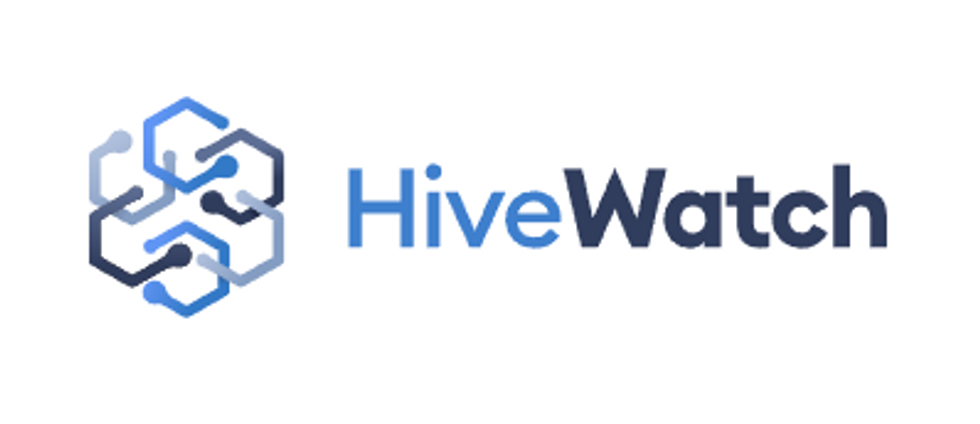
HiveWatch ($25 million raised)
HiveWatch develops physical security software. Its investors include former Twitter executive Dick Costollo and NBA star Steph Curry’s Penny Jar Capital.

Popshop ($24.5 million raised)
Whatnot competitor Popshop is betting that live-shopping is the future of ecommerce. The West Hollywood-based firm focuses on collectables such as trading cards and anime merchandise.
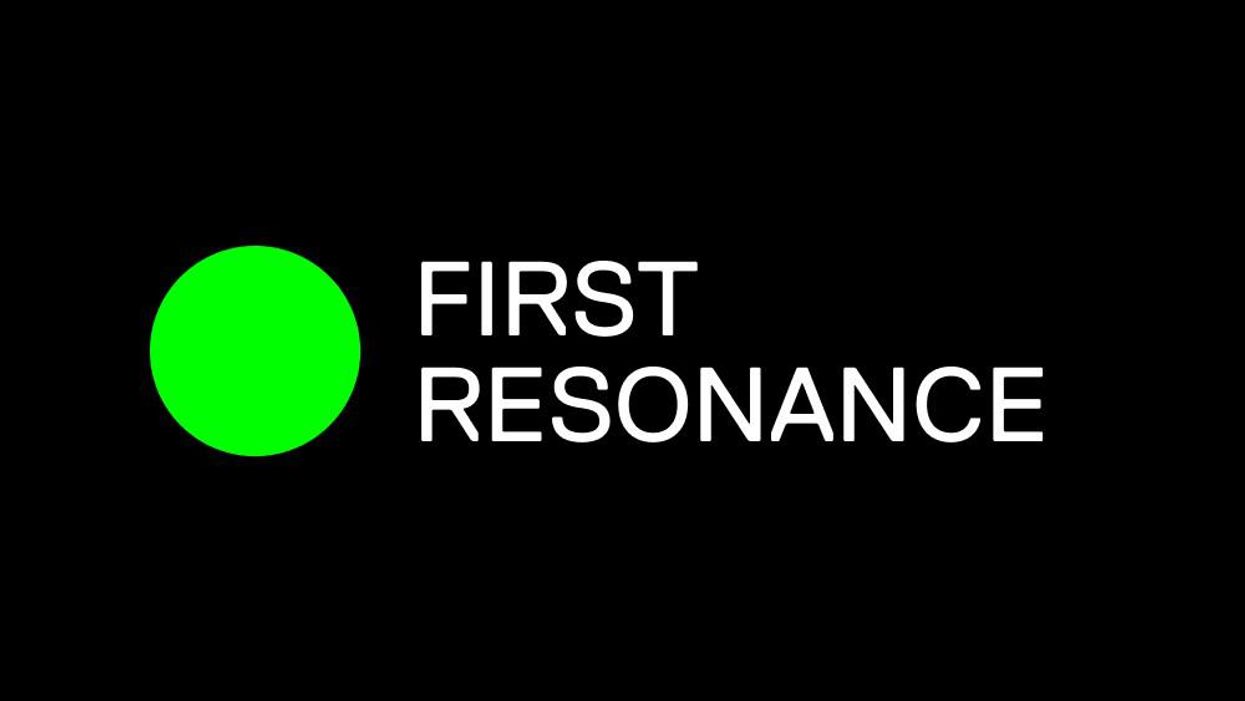
First Resonance ($19.4 million raised)
Founded by former SpaceX engineer Karan Talati, First Resonance runs a software platform for makers of electric cars and aerospace technology. Its clients include Santa Cruz-based air taxi company Joby Aviation and Alameda-based rocket company Astra.
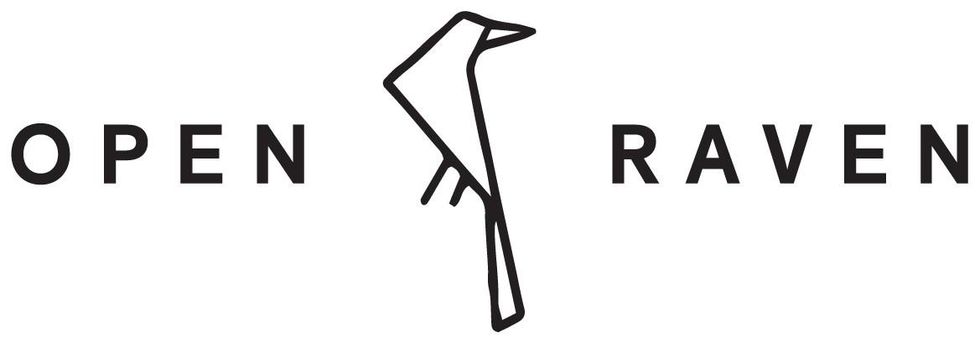
Open Raven ($19 million raised)
Founded by Crowdstrike and Microsoft alums, Open Raven aims to protect user data. The cybersecurity firm’s investors include Kleiner Perkins and Upfront Ventures.
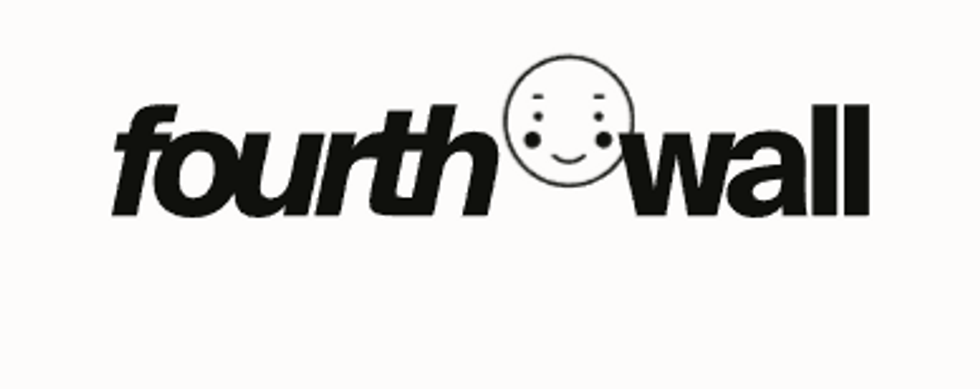
Fourthwall ($17 million raised)
When an actor faces the camera and speaks directly to the audience, it’s known as “breaking the fourth wall.” Named after the trope, Venice-based Fourthwall offers a website builder that’s designed for content creators.

The Non Fungible Token Company ($15 million raised)
The Non Fungible Token Company creates NFTs for musicians under the name Unblocked. Its investors include Jay Z’s Marcy Venture Partners and Shawn Mendez.

Safe Health Systems ($15 million raised)
Backed by Mayo Clinic Ventures, Safe Health develops telehealth software and offers tools for enterprises to launch their own health care apps.

Intro ($11.6 million raised)
Intro’s app lets you book video calls with experts—from celebrity stylists, to astrologists, to investors.
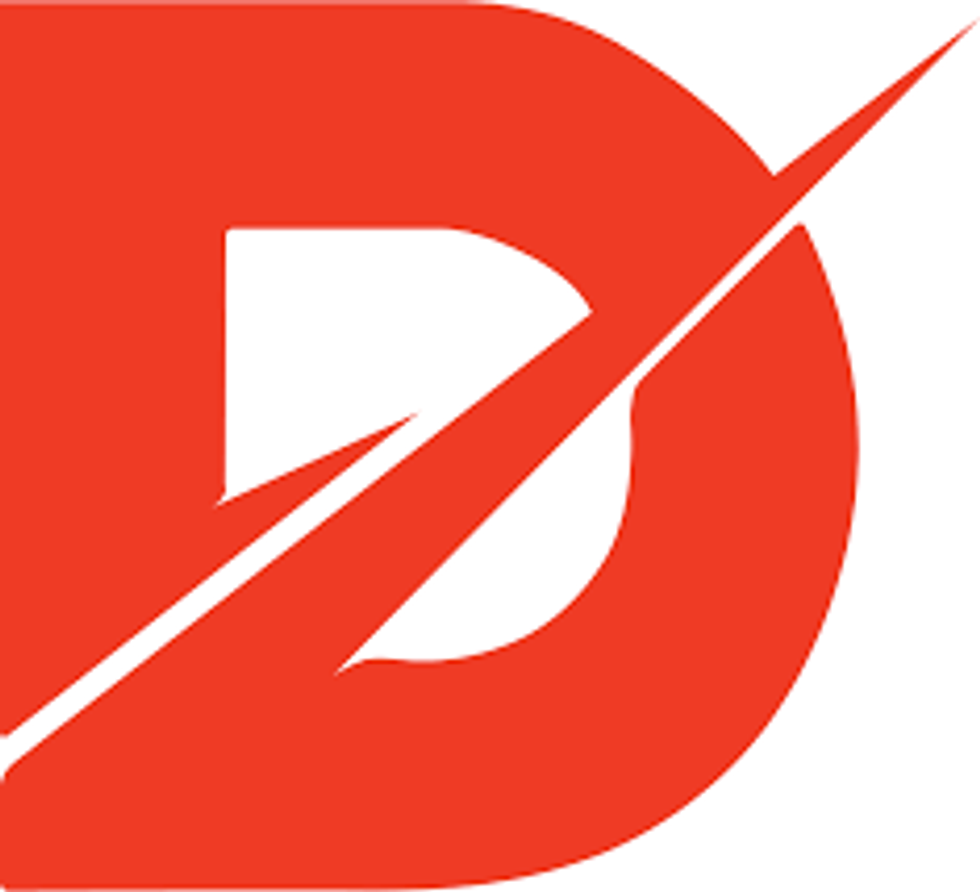
DASH Systems ($8.5 million raised)
With the tagline “Land the package, not the plane,” DASH Systems is a Hawthorne-based shipping company that builds hardware and software for automated airdrops.

Ettitude ($3.5 million raised)
With a focus on sustainability, Ettitude is a direct-to-consumer brand that sells bedding, bathroom textiles and sleepwear.

Afterparty ($3 million raised)
Along similar lines as Unblocked, Afterparty creates NFTs for artists and content creators such as Clay Perry and Tropix.

Heart to Heart ($0.75 million raised)
Heart to Heart is an audio-focused dating app that “lets you listen to the story behind the pictures in a profile.” Precursor Ventures led the pre-seed funding round.

Frigg (undisclosed)
Frigg makes hair and beauty products that contain cannabinoids such as CBD. The Valley Village-based company raised an undisclosed seed round in August.
From Your Site Articles
- The Early-Stage Startups in LA Set to Take Off in 2021 - dot.LA ›
- Los Angeles Startups Closed a Record Number of Deals in Q3 - dot.LA ›
- dot.LA's Map of Startups in Los Angeles - dot.LA ›
- The Hottest LA Startups of 2020 - dot.LA ›
- Los Angeles Cleantech Incubator Launches Green Loan Fund - dot.LA ›
- dot.LA's Guide on L.A. Flight Startups Overair, Archer Aviation - dot.LA ›
- Here Are LA’s Hottest Startups for 2023 - dot.LA ›
- Nobody Studios Plans to Build 100 Startups in Five Years - dot.LA ›
- From GameTree to Sota — Ukrainian Founders Call LA Home - dot.LA ›
Related Articles Around the Web
Harri Weber
Harri is dot.LA's senior finance reporter. She previously worked for Gizmodo, Fast Company, VentureBeat and Flipboard. Find her on Twitter and send tips on L.A. startups and venture capital to harrison@dot.la.
California Passes Landmark AI Law as Russell Westbrook Backs Eazewell
09:48 AM | October 03, 2025
🔦 Spotlight
Good Morning Los Angeles,
What do a new California law and Russell Westbrook’s latest startup have in common? AI at its most powerful and most personal.
California has officially passed the nation’s first AI safety law (SB 53). Signed by Governor Gavin Newsom, the measure requires companies developing large scale AI models to disclose risk assessments and safety testing. On the surface, it sounds procedural. But in practice, it is a potential reset on how quickly AI companies ship new products. For years, the narrative has been “innovation first, oversight later.” With this law, California is betting that transparency can move in tandem with progress. Whether it becomes a model for federal policy or a cautionary tale depends on how the industry responds.
Meanwhile, Eazewell, a newly launched startup co-founded by NBA All Star Russell Westbrook, is tackling one of the most difficult spaces in tech: end of life planning. The company offers an AI platform designed to guide families through complex care transitions. It is not the kind of space most founders rush into. It is emotional, often uncomfortable, and full of fragmented systems. But precisely because of that, the potential impact is significant. By blending AI with healthcare navigation, Eazewell is aiming to make one of life’s hardest processes less overwhelming. Westbrook’s involvement draws attention, but the real story is a startup willing to bring technology into conversations many people would rather avoid.
Taken together, these stories capture the stretch of AI right now. On one end, lawmakers are moving to contain its risks. On the other, founders are pushing it into the most intimate corners of our lives. It is not often that state legislation and end of life care land in the same conversation, but that is the reality of AI in 2025.
🤝 Venture Deals
LA Companies
- Midi Health raised $50M in a Series C round led by Advance Venture Partners. The women’s health startup, which focuses on perimenopause, menopause, and midlife care, claims a $150 million revenue run rate and is now building its own AI powered search engine tailored for women’s health. The funding will support scaling operations, expanding the longevity and care services it offers, and investing in AI and infrastructure to advance its platform. - learn more
- PINC Technologies, a Caltech spinout, announced a $6.8M Seed+ round led by Quantonation, with backing from investors including Wilson Hill Ventures, Freeflow Ventures, Hamamatsu Ventures, Qubits Ventures, Santec, and the Caltech Seed Fund. The company develops integrated nonlinear photonic devices and circuits aimed at making scalable nonlinear photonics practical for real-world applications. The funding will be used to accelerate commercialization, scale the team, and bring the technology built in Caltech’s Nonlinear Photonics Lab into broader markets. - learn more
- Swan announced a Series C financing to support the launch of Swan International, expanding its concierge Bitcoin wealth services globally under U.S.-regulated custody. The company also added a Head of Private Wealth to its team to lead this expansion into new markets. This move aims to position Swan as a high-touch, cross-border wealth platform anchored in crypto. - learn more
- Vatom announced a strategic investment led by the Hilton Family Office, supporting its mission to power next-generation digital finance engagement. The funding will help Vatom deepen its infrastructure for tokenized assets, NFTs, and blockchain experiences across Web3 ecosystems. This injection positions the company to expand its reach and build tools that make digital finance more immersive and user-centric. - learn more
LA Venture Funds
- Powerhouse Capital led a growth funding round for Five Iron Golf UAE’s franchisees, backed by a network of investors and professional athletes. The capital is targeted to fuel expansion, new venues, and enhanced operations across the UAE market. This investment reflects confidence in pairing tech-driven sports entertainment with scalable hospitality models. - learn more
- MTech Capital remains a backer as CyberCube announces a fresh infusion of more than $180M led by Spectrum Equity. The cyber risk analytics firm is using the capital to accelerate product innovation, expand globally, and deepen its presence across insurance, reinsurance, and broking markets. The investment will help CyberCube scale solutions that quantify cyber risk at portfolio levels and power smarter underwriting decisions. - learn more
- Helena participated in Phaidra’s $50M Series B round, joining lead investor Collaborative Fund and backers like Index Ventures and NVIDIA. Phaidra builds AI systems to optimize energy, cooling, and operational efficiency in data centers, striving to help infrastructure run smarter. The new funding will be used to scale its platform, deepen customer deployments, and expand its reach in facility control and AI automation. - learn more
- Lasagna joined DeepWork Capital, Florida Opportunity Fund, and Lookout Ventures in backing Circuitry.ai’s seed financing round. Circuitry.ai offers a Decision Intelligence platform that powers “Autonomous Service Journeys” for manufacturers, layering AI advisors, agents, and analytics to optimize service operations. The funding will help scale engineering and go-to-market teams, deepen integrations with service platforms, and expand the solution across industries like automotive, industrial systems, and medical devices. - learn more
- B Capital led a $64M seed round in Axiom Math, the startup founded by a Stanford dropout aiming to build an AI system that not only solves the hardest math problems, but also invents new ones. Axiom has pulled talent from top places like Meta to push toward next-gen mathematical reasoning. The funds will support scaling research, expanding the team, and accelerating their vision of AI that thinks deeper in pure and applied math. - learn more
- Alexandria Venture Investments and Wedbush Healthcare Partners joined the $205M capital raise for Crystalys Therapeutics, which emerged from stealth mode to fund late-stage trials of its gout treatment. The San Diego based biotech is pushing forward dotinurad, a once-daily oral drug being tested across U.S. and European trials for patients who don’t respond to first-line therapies. With this backing, Crystalys aims to fast-track clinical development and bring a needed second-line gout treatment to market. - learn more
- GordonMD Global Investments joined new and existing backers in Star Therapeutics’ oversubscribed $125M Series D financing round. The biotech, co-led by Sanofi Ventures and Viking Global, is deploying the capital to push forward its lead program VGA039, a monoclonal antibody targeting bleeding disorders. The funds will help accelerate its clinical trials and advance its pipeline toward commercialization. - learn more
- Hawke Ventures joined a funding round in Tie, which raised $10M in Series A to support its AI identity platform for e-commerce brands. Tie helps retailers reclaim hidden website visitors by identifying and enriching anonymous traffic to build better marketing audiences. The capital will go toward scaling the team, deepening integrations with commerce and marketing stacks, and expanding reach among D2C brands. - learn more
- Foxhog Ventures led a ₹44.37 crore (~$5.3M USD) seed investment in Assessli, a Kolkata deep-tech startup developing what it calls “Large Behavioural Models” (LBMs) that combine genomics, psychology, and digital life data into highly personalized AI twins. The funding will support Assessli’s expansion into the U.S. and U.K., accelerate product commercialization, and increase its technical hiring to scale out its platform. - learn more
- Bonfire Ventures participated in Alvys’ $40M Series B round, alongside RTP Global, Alpha Square Group, Titanium Ventures, Picus Capital, and others. Alvys offers an AI powered transportation management system (TMS) that streamlines freight operations including dispatch, load management, billing and analytics by automating workflows and integrating across platforms. The funding will help the company build out enterprise features, scale engineering, deepen integrations, and accelerate growth in the logistics and freight sector. - learn more
- M13 participated in an $11M Series A round for Anything, an AI platform that turns natural-language prompts into production-ready mobile and web applications. Rather than just generating prototypes, Anything’s backend includes infrastructure like authentication, payments, and storage under the hood. With this funding, the company will scale development, expand its user base (now over 700,000), and deepen its platform capabilities to support full app deployment. - learn more
- Halogen Ventures closed a $30M Fund III and has committed to invest in early stage startups in Alabama, becoming the first out of state VC to partner with Innovate Alabama’s InvestAL program. They have already begun deploying capital into the state, backing startups like Moxi, Auditocity and Croux, and are actively running pitch events to build a local pipeline. - learn more
LA Exits
- Griffin Club has been acquired by Bay Club, deepening Bay Club’s footprint in Los Angeles. Griffin Club is a legacy athletic, aquatic, and social club in West LA, known for features like tennis and pickleball courts, pools, wellness classes, and high-end amenities. Bay Club intends to bring Griffin into its LA campus and integrate it into its broader network of fitness and lifestyle clubs. - learn more
- Beverly Hills Rejuvenation Center has been acquired by Motivant, with Sarah Gabriel installed as its new CEO. The deal brings the med spa franchise into Motivant’s portfolio, aligning it with a growth-focused investment platform. Gabriel’s appointment signals a strategic push to leverage new leadership and scale operations under Motivant’s guidance. - learn more
Read moreShow less
Watch: The Future of Content Moderation Online
04:28 PM | February 10, 2021
As Big Tech cracks down on moderation after the Capitol attack and Wall Street braces for more fallout from social media's newfound influence on stock trading,
legislators are eyeing changes to Section 230 of the Communications Decency Act of 1996. On Wednesday, February 10, dot.LA brought together legal perspectives and the views of a founder and venture capitalist on the ramifications of changing the way that social media and other internet companies deal with the content posted on their platforms.
A critic of Big Tech moderation, Craft Ventures General Partner and former COO of PayPal David Sacks called for an amendment of the law during dot.LA's Strategy Session Wednesday. Tyler Newby and Andrew Klungness, both partners at law firm Fenwick, laid out the potential legal implications of changing the law.
Section 230 limits the liability of internet intermediaries, including social media companies, for the content users publish on their platforms.
"Mend it, don't end it," Sacks said.
Sacks said he's concerned about censorship in the wake of companies tightening moderation policies. In the case of Robinhood's recent decision to freeze users from trading certain stocks— including GameStop's — for a period of time, he said we're now seeing discussions about Big Tech's role in censorship unfold in nonpartisan settings.
"Who has the power to make these decisions?" he said. "What concerns me today is that Big Tech has all the power."
Social media sites including Twitter pulled down former President Trump's account after last month's attack on the U.S. Capitol. But critics have said that these sites didn't go far enough in stopping conversations that provoked the violence.
To provide some external standard, he called for the "reestablishment of some First Amendment rights in this new digital public square" — which is to say, on privately owned platforms.
Newby pointed to a series of recent bills aimed at reigning in the power of tech companies. Changes to moderation laws could have sweeping impacts on more companies than giants like Facebook or Twitter.
"It's going to have a huge stifling effect on innovation," said Klungness, referring to a possible drop in venture capital to new startups. "Some business models may be just simply too risky or may be impractical because they require real-time moderation of content."
And if companies are liable for how their users behave, Klungness said, some companies may never take the risk in launching these companies at all. "Some business models may be just simply too risky or may be impractical because they require real-time moderation of content," he said.
Watch the full discussion below.
Strategy Session: The Future of Content Moderation Online

David Sacks, Co-Founder and General Partner of Craft Ventures
David Sacks, Co-Founder and General Partner of Craft Ventures
David Sacks is co-founder and general partner at Craft. He has been a successful tech entrepreneur and investor for two decades, building and investing in some of the most iconic companies of the last 20 years. David has invested in over 20 unicorns, including Affirm, Airbnb, Bird, Eventbrite, Facebook, Houzz, Lyft, Opendoor, Palantir, Postmates, Reddit, Slack, SpaceX, Twitter and Uber.
In December 2014, Sacks made a major investment in Zenefits and became the company's COO. A year later, in the midst of a regulatory crisis, the Board asked David to step in as interim CEO of Zenefits. During his one year tenure, David negotiated resolutions with insurance regulators across the country, and revamped Zenefits' product line. By the time he left, regulators had praised David for "righting the ship", and PC Magazine hailed the new product as the best small business HR system.
David is well known in Silicon Valley for his product acumen. AngelList's Naval Ravikant has called David "the world's best product strategist." David likes to begin any meeting with a new startup by seeing a product demo.

Kelly O'Grady, Chief Correspondent & Host and Head of Video at dot.LA
Kelly O'Grady is dot.LA's chief host & correspondent. Kelly serves as dot.LA's on-air talent, and is responsible for designing and executing all video efforts. A former management consultant for McKinsey, and TV reporter for NESN, she also served on Disney's Corporate Strategy team, focusing on M&A and the company's direct-to-consumer streaming efforts. Kelly holds a bachelor's degree from Harvard College and an MBA from Harvard Business School. A Boston native, Kelly spent a year as Miss Massachusetts USA, and can be found supporting her beloved Patriots every Sunday come football season.

Tyler Newby is a partner at Fenwick
Tyler Newby, Partner at Fenwick
Tyler focuses his practice on privacy and data security litigation, counseling and investigations, as well as intellectual property and commercial disputes affecting high technology and consumer-facing companies. Tyler has an active practice in defending companies in consumer class actions, state attorney general investigations and federal regulatory agency investigations arising out of privacy and data security incidents. In addition to his litigation practice, Tyler regularly advises companies large and small on reducing their litigation risk on privacy, data security and secondary liability issues. Tyler frequently counsels companies on compliance issues relating to key federal regulations such as the Children's Online Privacy Protection Act (COPPA), the Fair Credit Reporting Act (FCRA), the Computer Fraud and Abuse Act (CFAA), the Gramm Leach Bliley Act (GLBA), Electronic Communications Privacy Act (ECPA) and the Telephone Consumer Protection Act (TCPA).
In 2014, Tyler was named among the top privacy attorneys in the United States under the age of 40 by Law360. He currently serves as a Chair of the American Bar Association Litigation Section's Privacy & Data Security Committee, and was recently appointed to the ABA's Cybersecurity Legal Task Force. Tyler is a member of the International Association of Privacy Professionals, and has received the CIPP/US certification.

Andrew Klungness is a partner at Fenwick
Andrew Klungness, Partner at Fenwick
Leveraging nearly two decades of business and legal experience, Andrew navigates clients—at all stages of their lifecycles—through the opportunities and risks presented by novel and complex transactions and business models.
Andrew is a co-chair of Fenwick's consumer technologies and retail and digital media and entertainment industry teams, as well as a principal member of its fintech group. He works with clients in a number of verticals, including ecommerce, consumer tech, fintech, enterprise software, blockchain, marketplaces, CPG, mobile, AI, social media, games and edtech, among others.
Andrew leads significant and complex strategic alliances, joint ventures and other collaboration and partnering arrangements, which are often driven by a combination of technological innovation, industry disruption and rights to content, brands or celebrity personas. He also structures and negotiates a wide range of agreements and transactions, including licensing, technology sourcing, manufacturing and supply, channel partnerships and marketing agreements. Additionally, Andrew counsels clients in various intellectual property, technology and contract issues in financing, M&A and other corporate transactions.

Sam Adams, Co-Founder and CEO of dot.LA
Sam Adams, Co-Founder and CEO of dot.LA
Sam Adams serves as chief executive of dot.LA. A former financial journalist for Bloomberg and Reuters, Adams moved to the business side of media as a strategy consultant at Activate, helping legacy companies develop new digital strategies. Adams holds a bachelor's degree from Harvard College and an MBA from the University of Southern California. A Santa Monica native, he can most often be found at Bay Cities deli with a Godmother sub or at McCabe's with a 12-string guitar. His favorite colors are Dodger blue and Lakers gold.
From Your Site Articles
- Lawmakers Take Aim at Algorithms 'at Odds with Democracy' - dot.LA ›
- How Trump's Order Could Impact The Fates of Snap, TikTok and ... ›
- How Social Media Moderation Might Be Legislated - dot.LA ›
- Counterpart Rakes in $10M to Help Insure Small Businesses - dot.LA ›
- Facebook, Google Execs Admit No Blame For Capitol Attack - dot.LA ›
- Event: Startup Coil Presents Clean Crypto - dot.LA ›
- Imgur's Plans to Get Rid of All NSFW Content - dot.LA ›
Related Articles Around the Web
Read moreShow less
Annie Burford
Annie Burford is dot.LA's director of events. She's an event marketing pro with over ten years of experience producing innovative corporate events, activations and summits for tech startups to Fortune 500 companies. Annie has produced over 200 programs in Los Angeles, San Francisco and New York City working most recently for a China-based investment bank heading the CEC Capital Tech & Media Summit, formally the Siemer Summit.
http://www.linkedin.com/in/annieburford
annie@dot.la
RELATEDTRENDING
LA TECH JOBS


